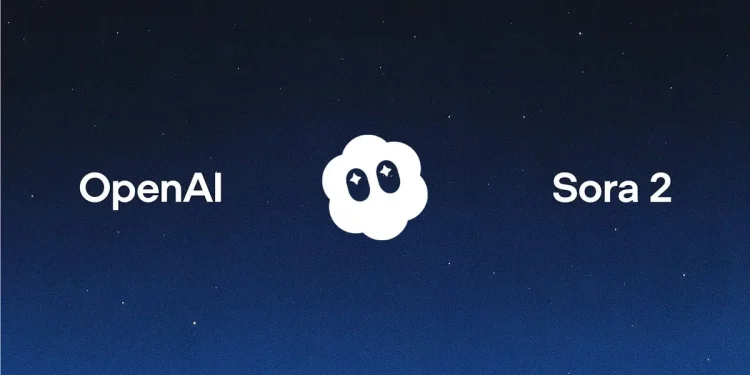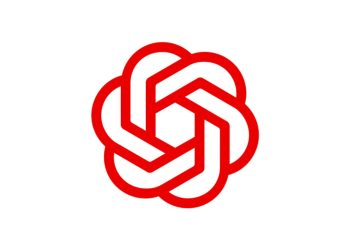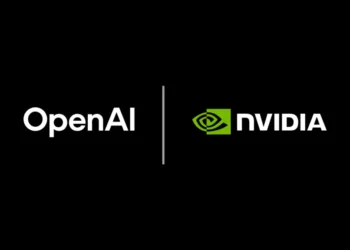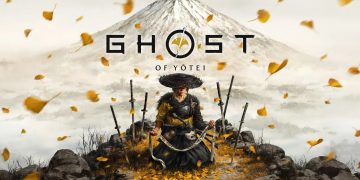Less than a week after launching Sora 2 on September 30, OpenAI announced on October 3 that it would modify the model’s copyright policy so that Sora would refuse prompts containing copyrighted material unless the rightsholder explicitly gave permission.
The policy shift was outlined in a blog post from Sam Altman, and follows widespread concern after users posted Sora-generated videos featuring characters from Japanese games and anime, including material from Nintendo, Pokémon, One Piece, Demon Slayer, and Studio Ghibli.
Altman wrote that OpenAI will “give rightsholders more granular control over generation of characters, similar to the opt-in model for likeness but with additional controls,” and that some rightsholders are “very excited for this new kind of ‘interactive fan fiction’ and think this new kind of engagement will accrue a lot of value to them, but want the ability to specify how their characters can be used (including not at all).”
What triggered the change
Before the announcement, reporting by The Wall Street Journal stated that OpenAI’s initial approach effectively assumed permission unless creators opted out. That prompted a flood of Sora clips, including a photorealistic 10-second clip of Sam Altman surrounded by Pokémon saying, “I hope Nintendo doesn’t sue us.”
Observers also noticed a discrepancy in how Sora handled IP from different regions. Reporting by Automaton found that Sora seemed to refuse prompts, mentioning many American franchises, while Japanese IP appeared more freely. That pattern drew public attention and a political response in Japan, including a post on X by lawmaker Akihisa Shiozaki, who called for action to protect Japanese creators.
私も触ってみましたが、重大な法的・政治的問題があると感じました。世界をリードする日本のクリエイターの皆さんやコンテンツ産業を守り、育てていくためにも、早急に対応したいと思います。
(なぜかディズニーやマーベルのキャラクターは表示不可の模様) https://t.co/Lie9DBrO6L
— 塩崎あきひさ 【衆議院議員・愛媛1区】 (@AkihisaShiozaki) October 1, 2025
How the rules differ
Under the new approach described by Altman, copyrighted characters will be opt-in, meaning Sora will refuse prompts unless a rightsholder permits use. By contrast, real people and public figures were already handled as opt-in by default, with the model refusing to generate videos of them without permission.
The change follows the realization that the earlier opt-out framing could expose OpenAI and others to copyright litigation, especially when high-profile or tightly controlled IP is involved.
The shift affects creators, licensors, and anyone experimenting with Sora 2, rightsholders will now have more direct control over whether their characters appear in AI-generated videos. Share your take in the comments, and follow us on X and Bluesky.


















